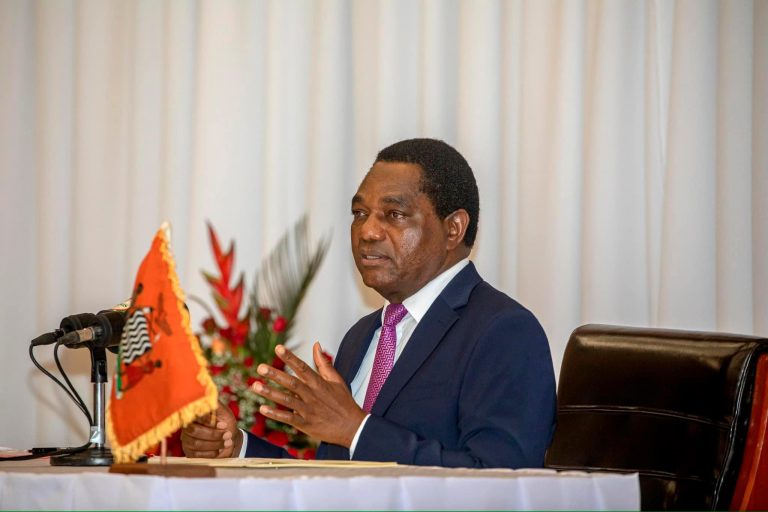Africa’s red metal hot spot Zambia has formally requested for budget support assistance of $388 million to plug a drought induced gap. Authorities in the Southern African nation earlier in the year announced a K23.4 billion (circa $940 million) funding gap need to cushion climate change effects impacting agriculture output, a threat to food security. Zambia faces the worst drought in 40 years that has eroded close to 56% of output representing 1.1 million hectarage of land leaving 7.5 million of citizenry susceptible to starvation in the 2023/24 agricuture year. In February, Republican President Hakainde Hichilema declared the drought situation a natural disaster and emergency calling on the international community to assist.
The loan request will widen Zambia’s debt stock with the Washingston based lender to $1.7 billion. More recently Zambia and the IMF have reached a staff level agreement on economic policies and reforms to conclude the third review of the Extended Credit Facility which puts the copper producer in good stead for a $188 million disbursement. The IMF board will this June be tabling an augmentation to Zambias financial needs to cover an additional $388 million drought support.
The red metal producer current grapples with fiscal funding hurdles manifesting in dismal outcomes in monthly bond and fortnight treasury bill sales as liquidity bottlenecks persist. More recently the Bank of Zambia tightened both the cash reserve ratio to 26% and benchmark interest rates to 13.5% in response to a notorious currency slide. Growth is projected to contract to 2.3% as drought woes plague the country. Energy prices remain on the rally as foreign exchange induced petroleum costs and electricity generation constraints doubled up with in retail tariff hikes weigh. Power rationing has increased from 8 to 12 hours depriving the manufacturing and small medium business (SMBs) sectors of productivity.
Other humanitarian players that extended support to the Zambian drought situation include the UNICEF while pledges remain in excess of $500 million from other players of which is a $225 million from the United Nations.
Inflation woes have nonetheless persisted with the May consumer price index headlined 14.7% a 0.9% jump from 13.8% as petroleum and food prices remained elevated while private sector pulse remains in the doldrums below 50.
Kwacha Arbitrageur

